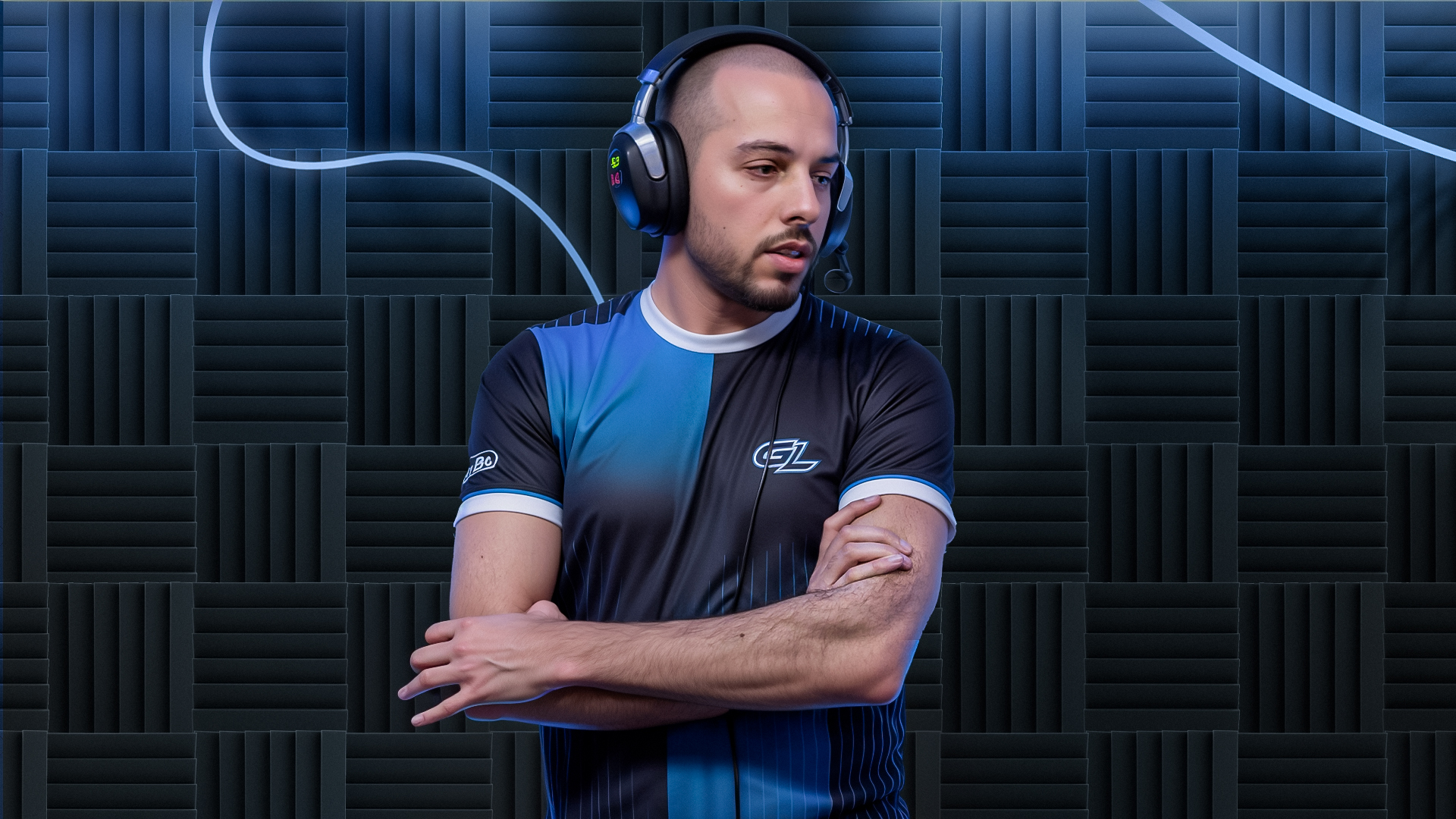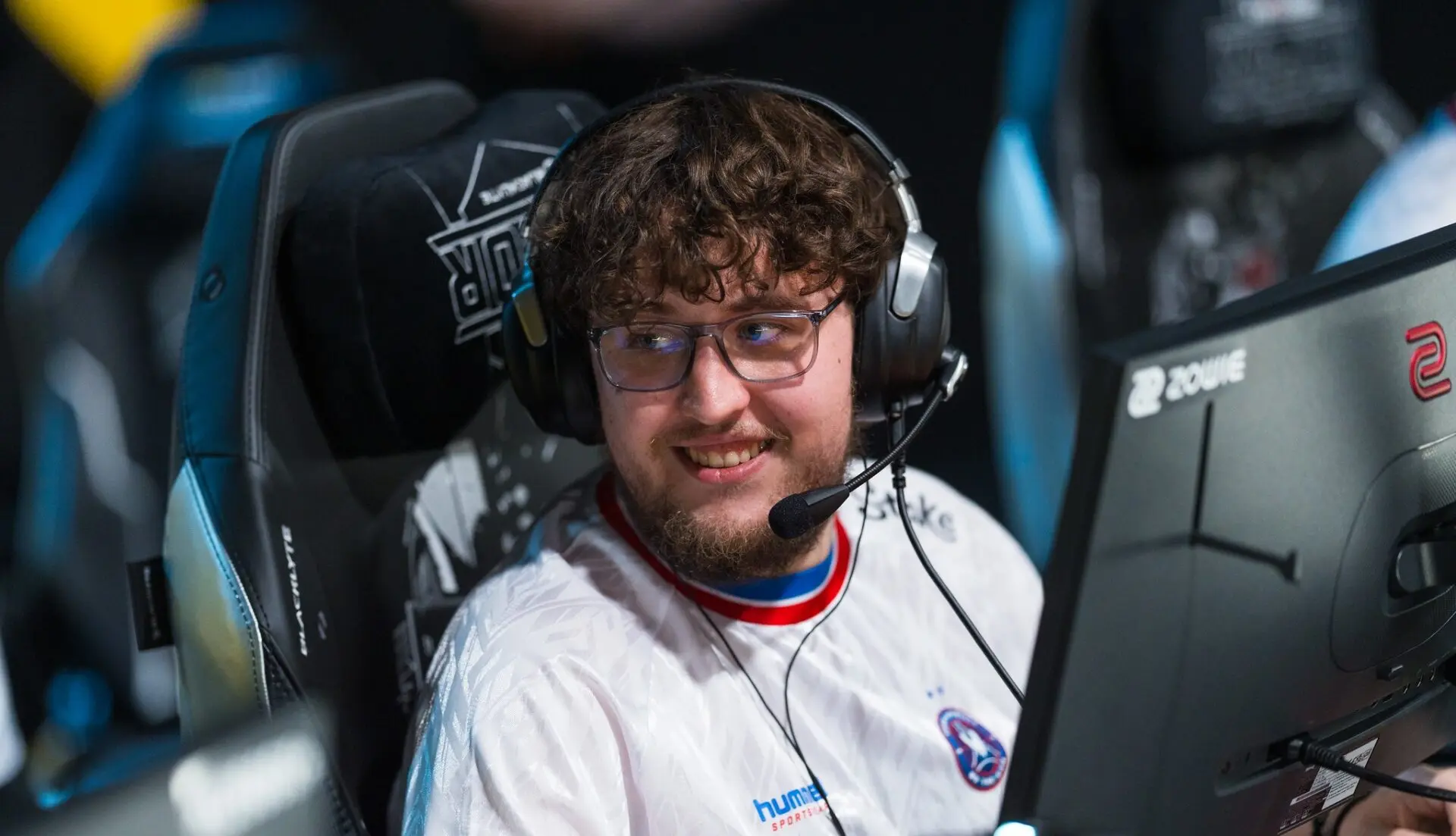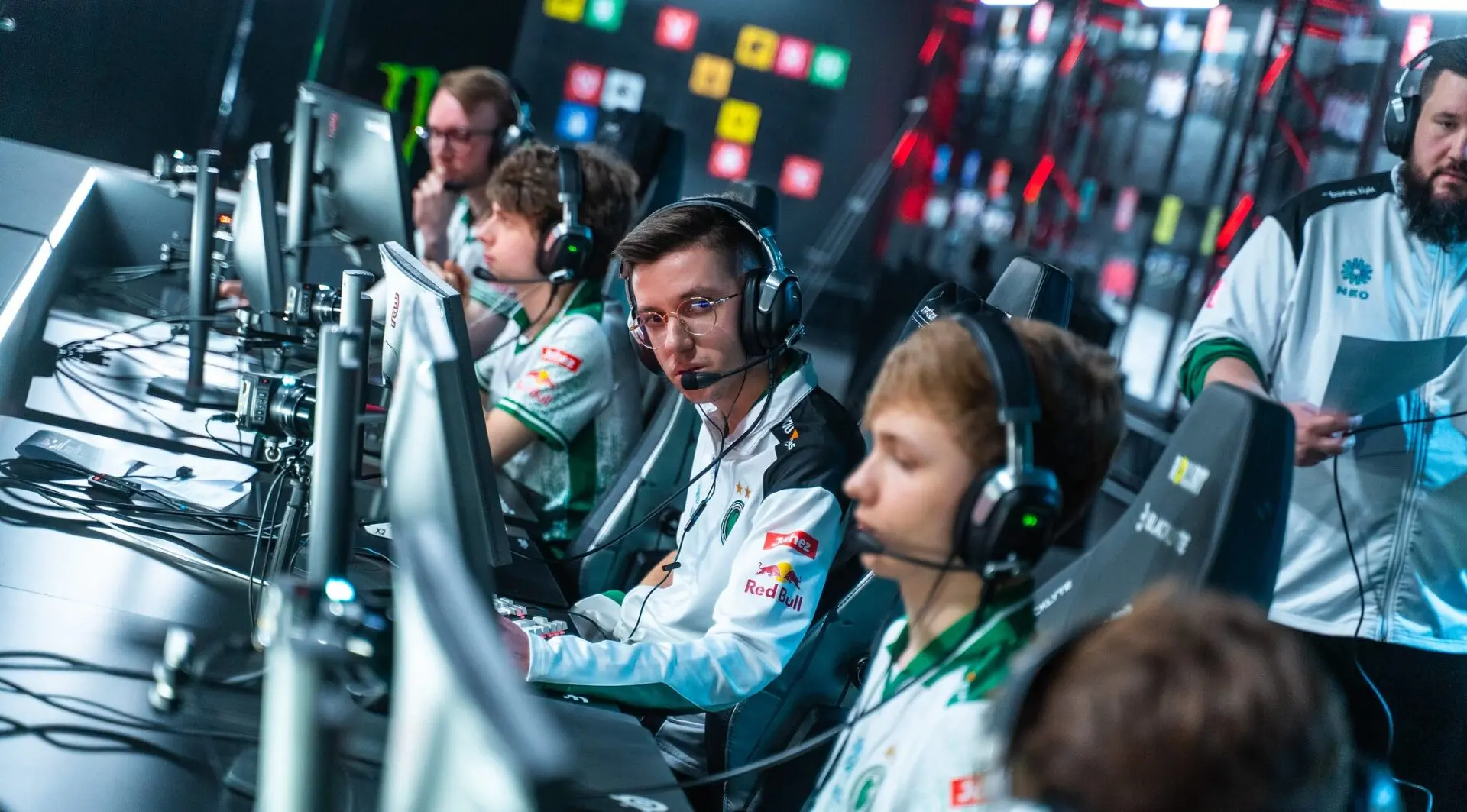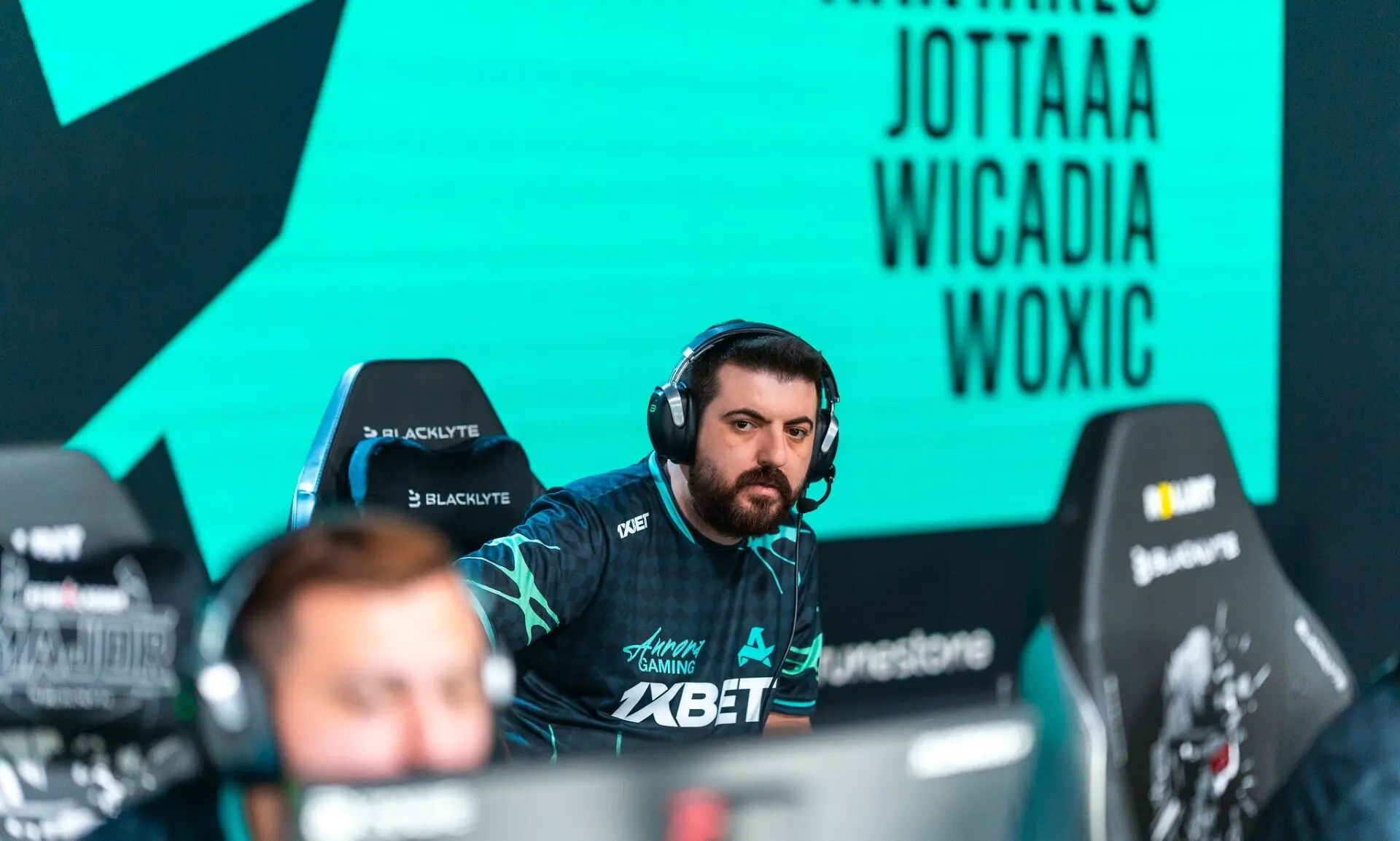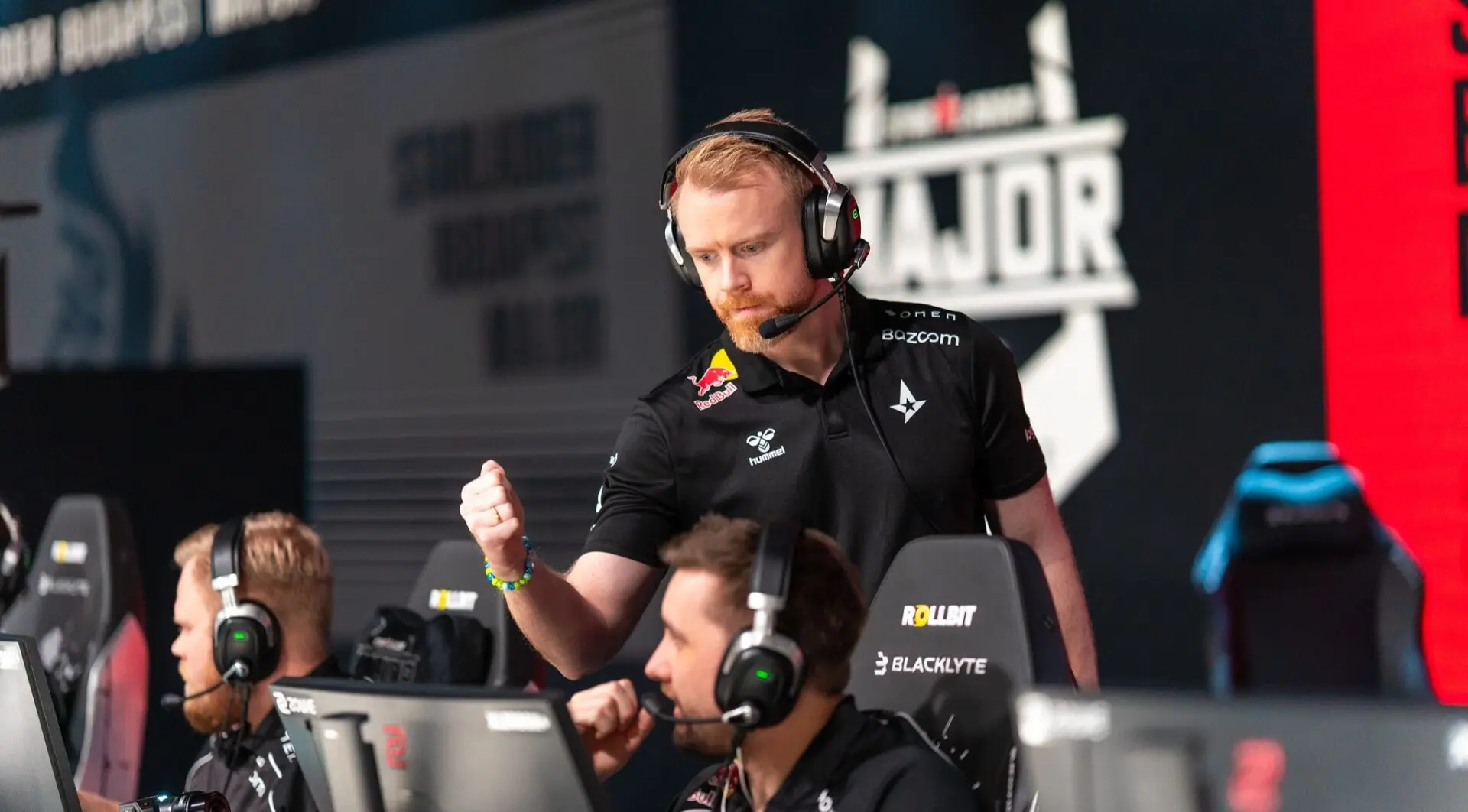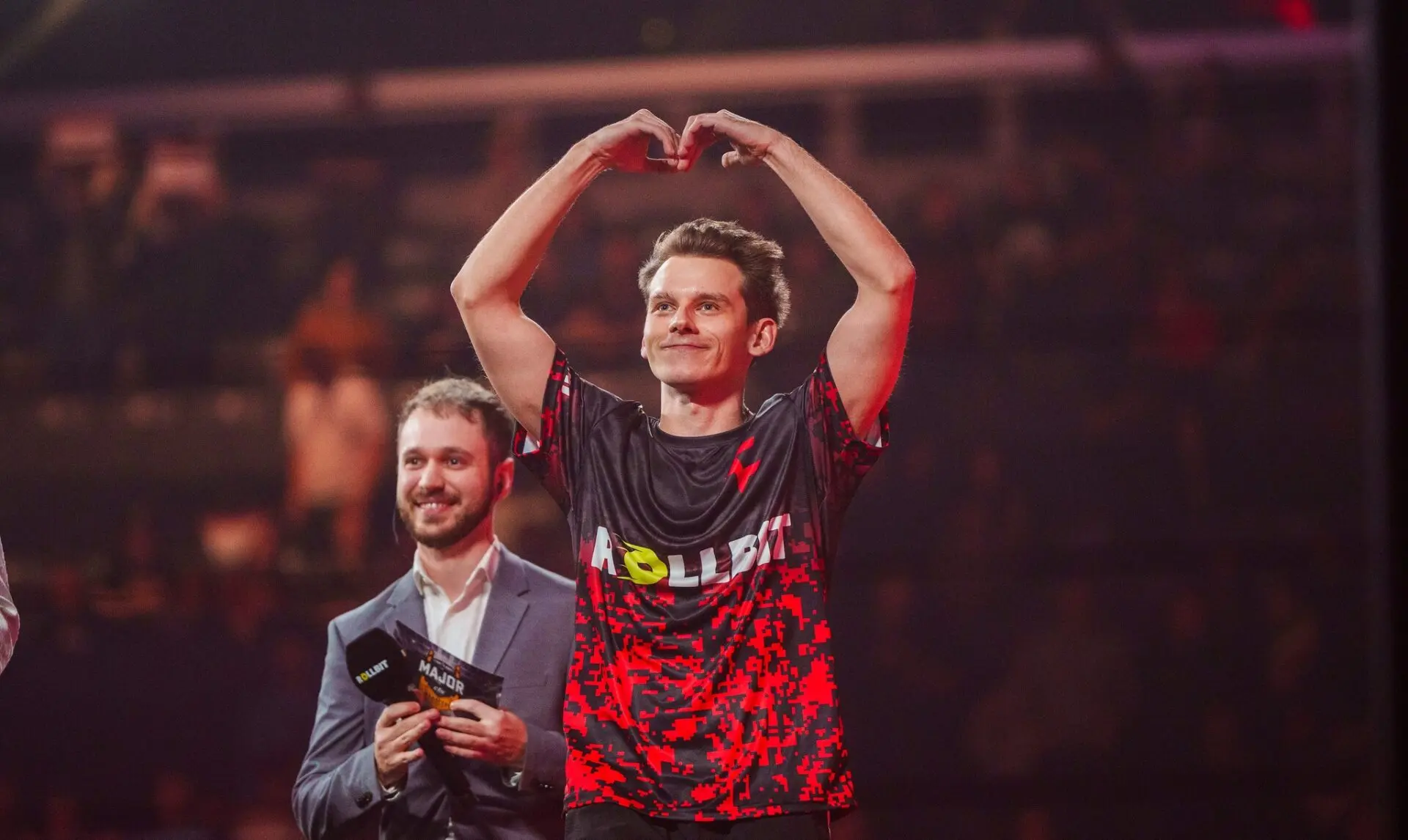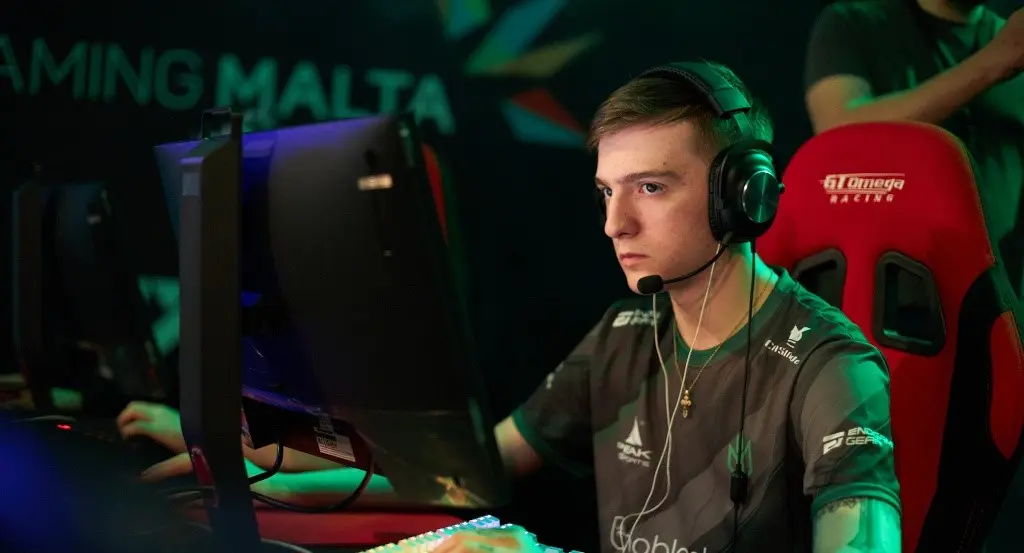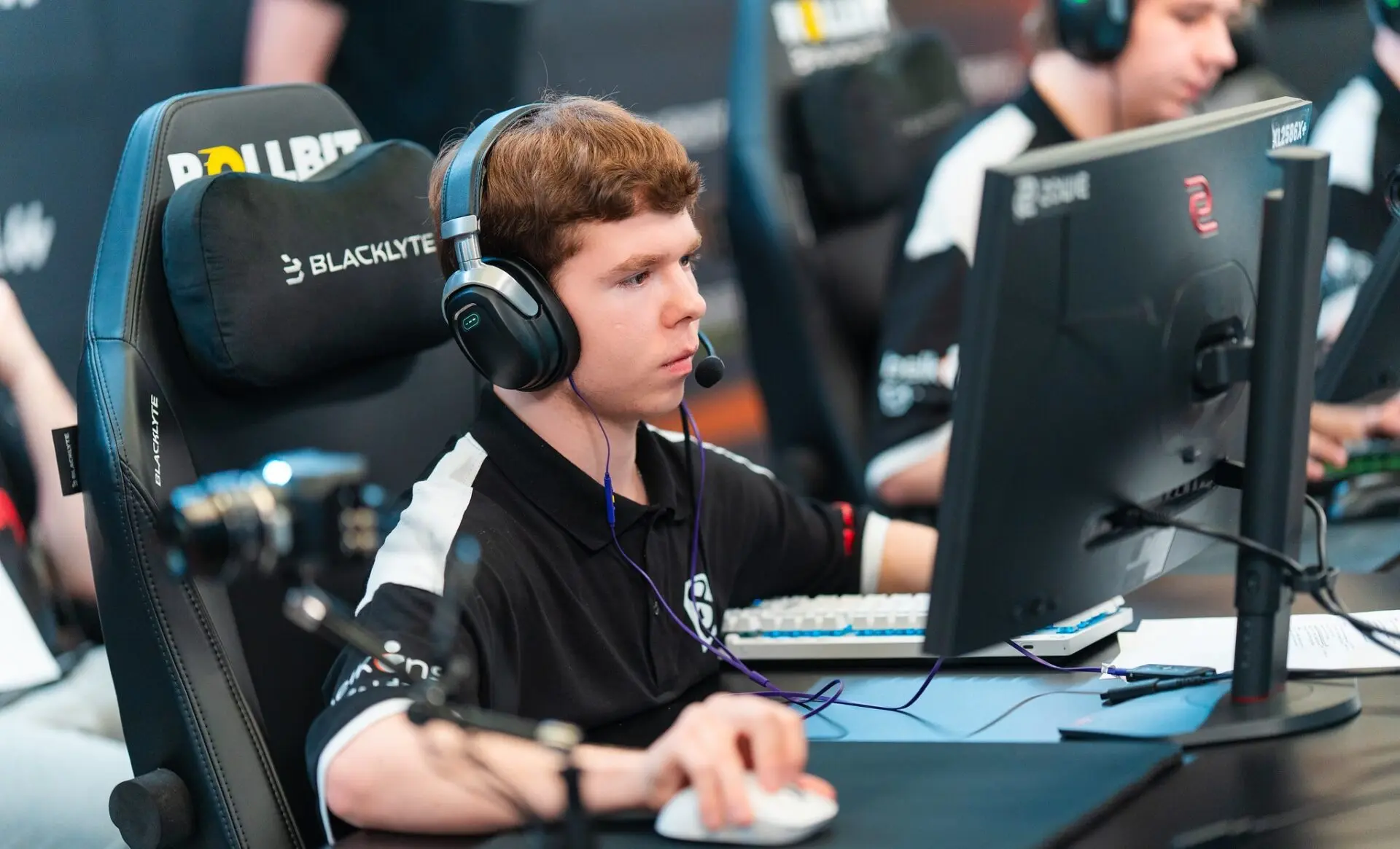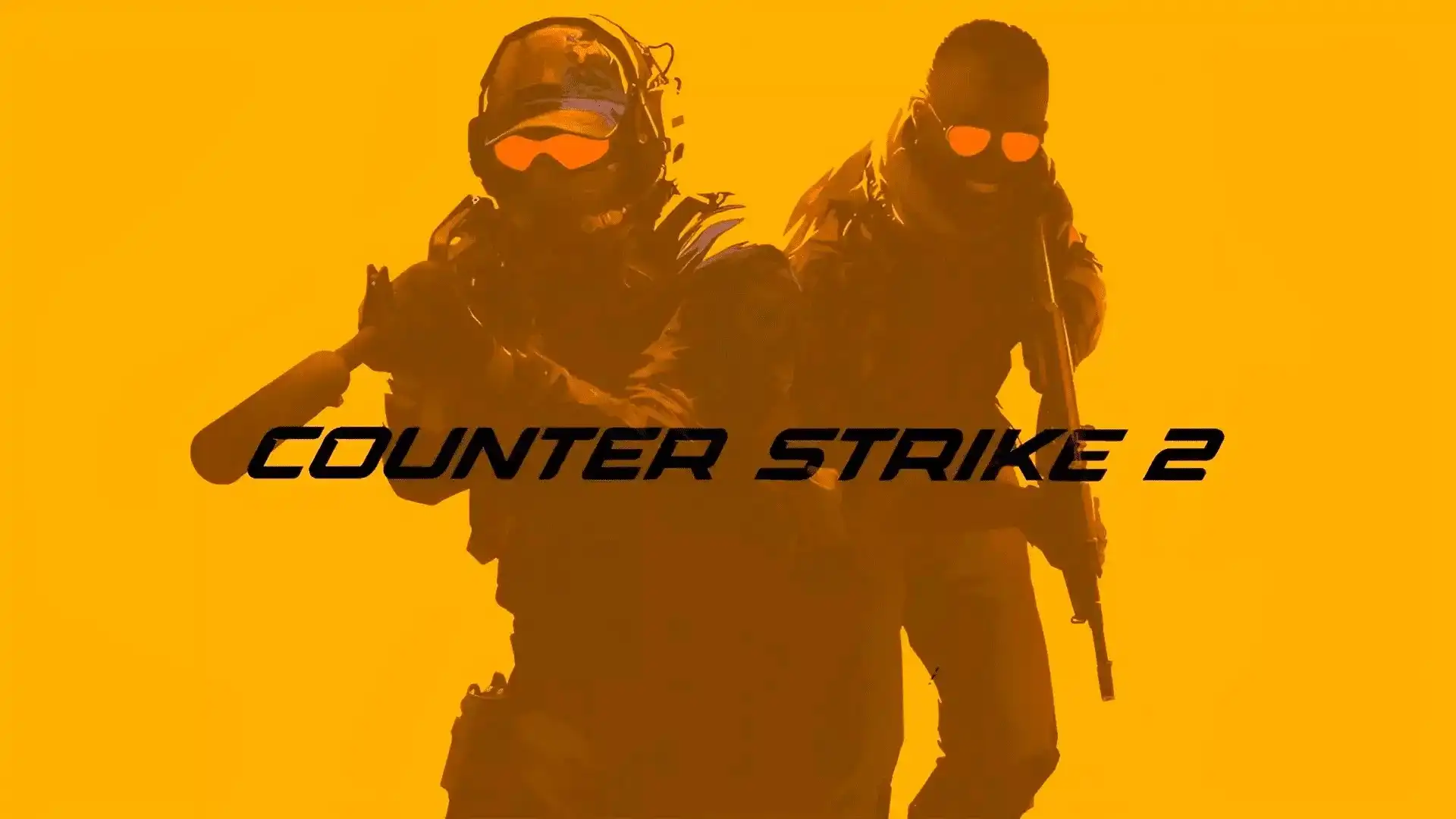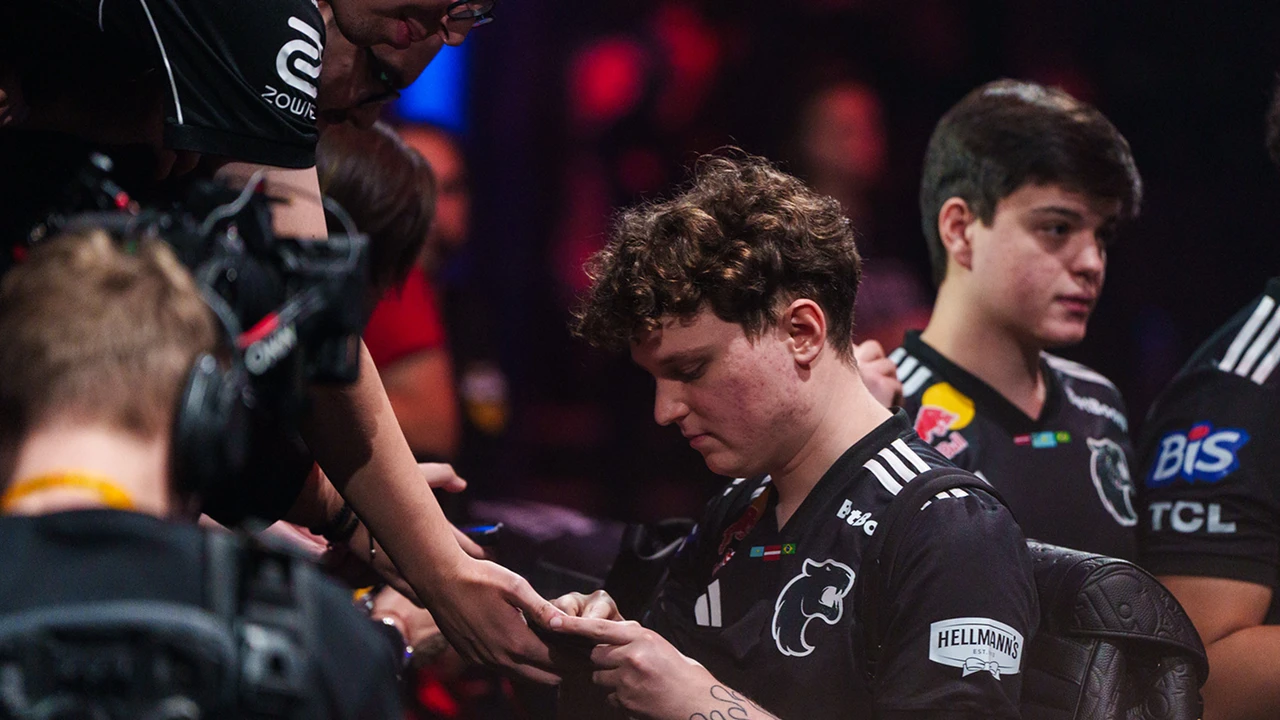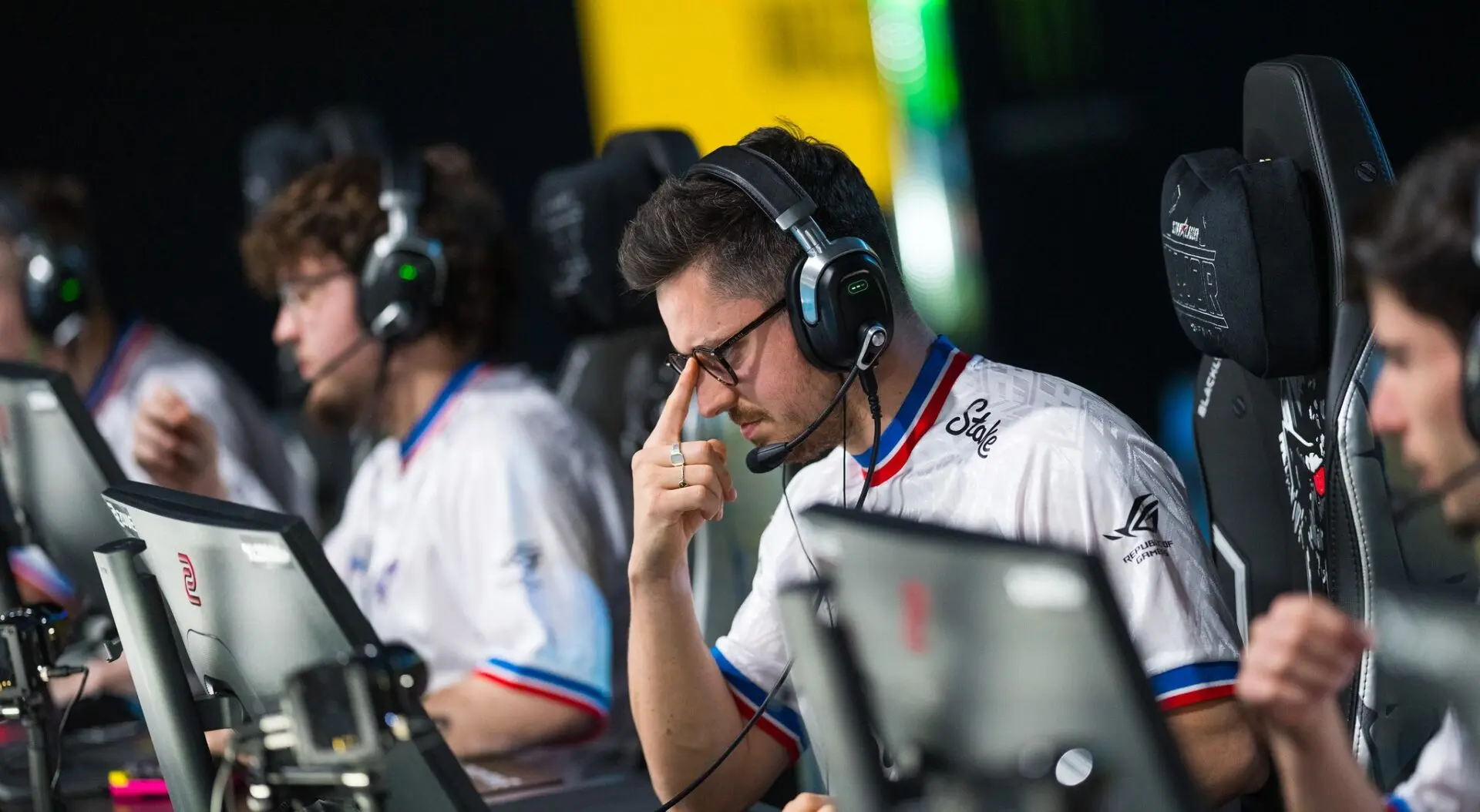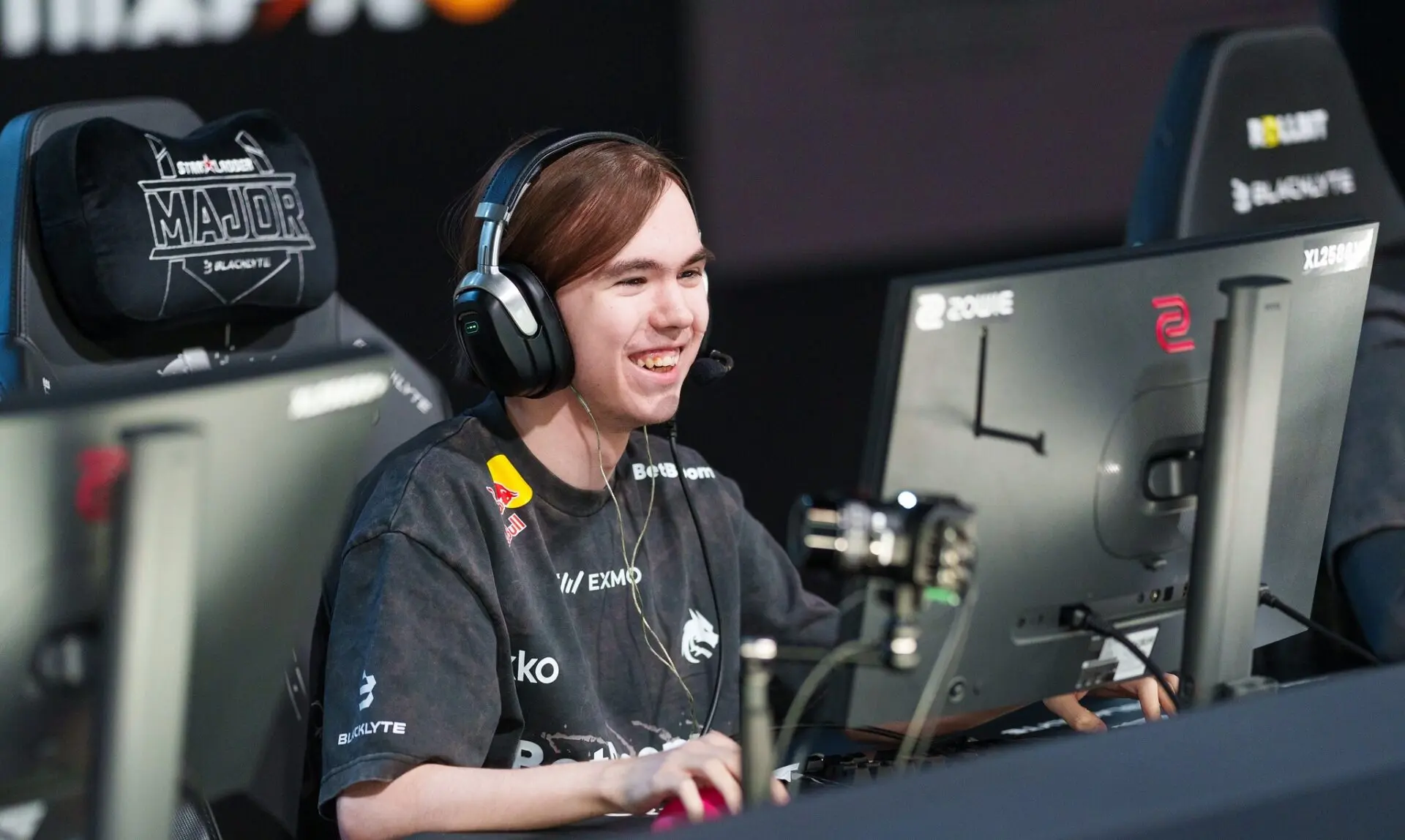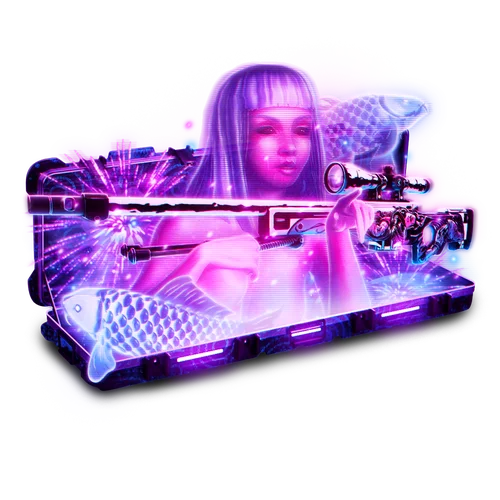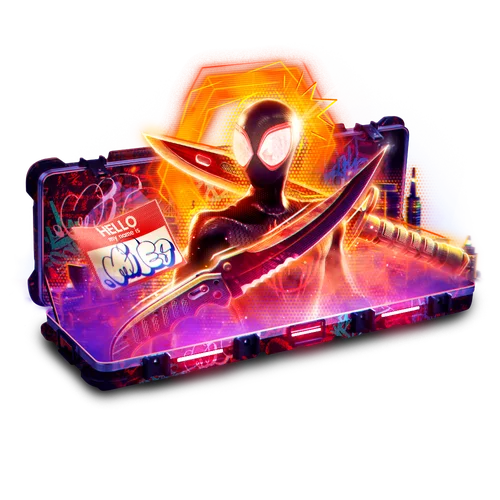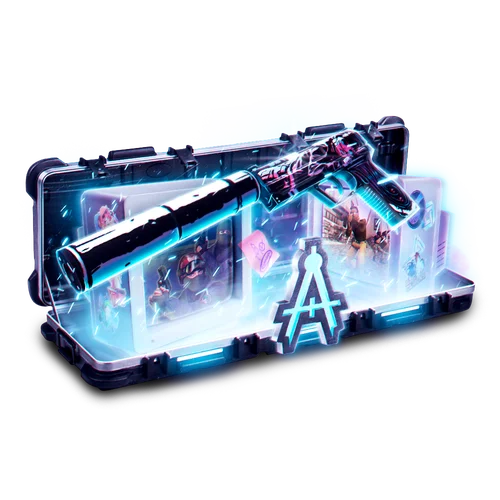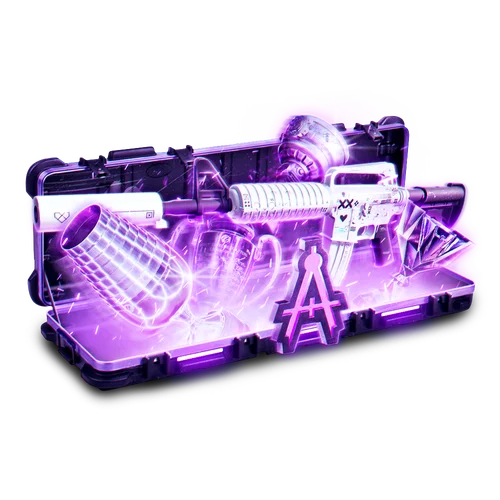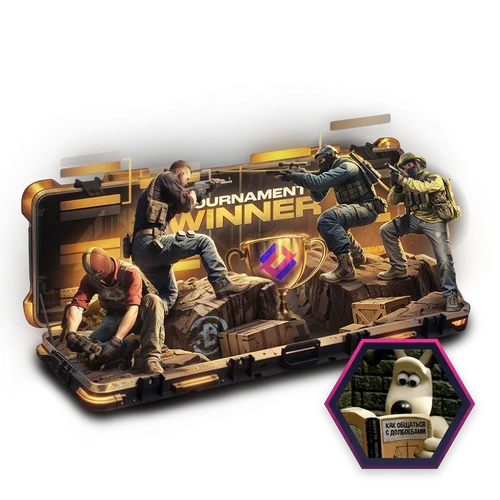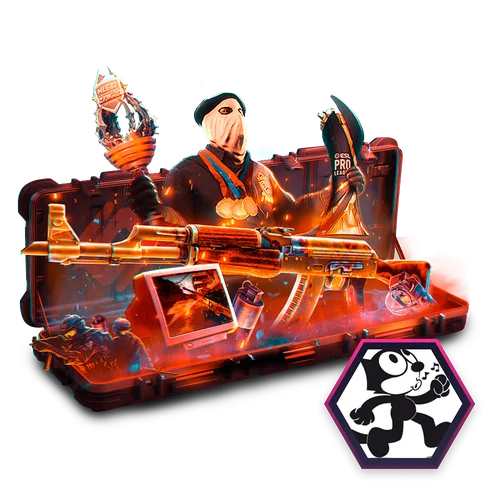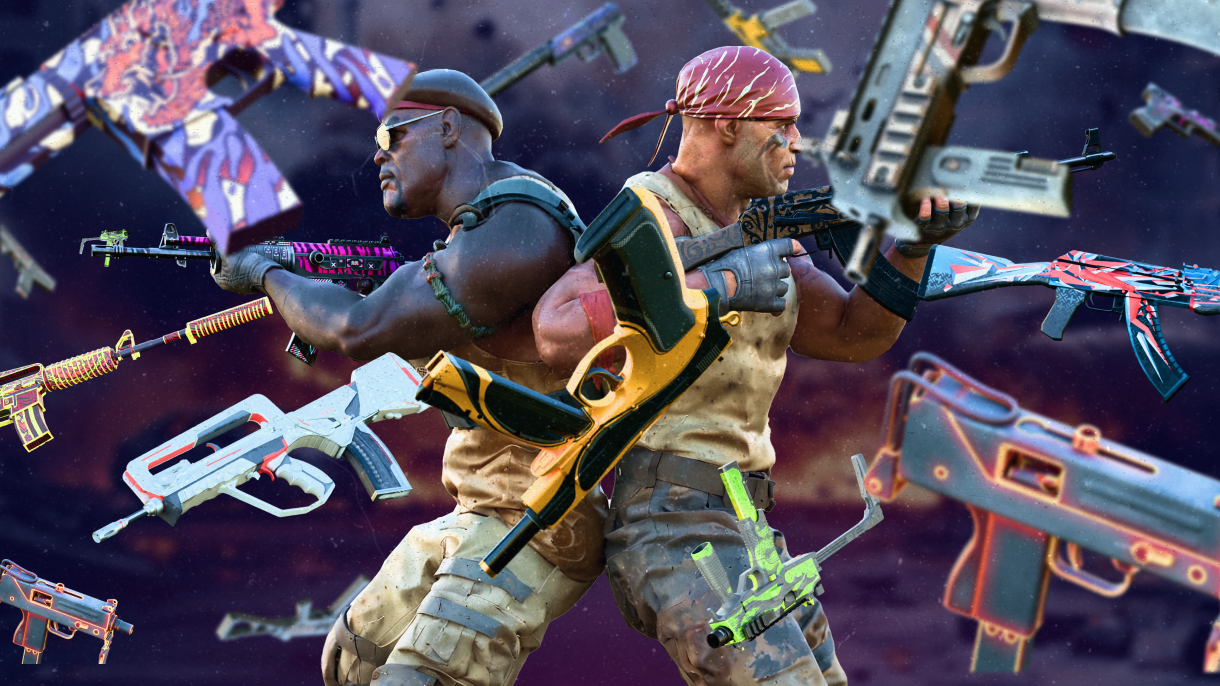Ashley “Ash” Battye has earned recognition for his ability to guide young, relatively unknown players into becoming consistent tier-two and even tier-one competitors. His coaching philosophy is rooted in structure, discipline, and creating the right environment where players can grow.
This is the second part of our interview. You can read the first part by following the link.
He believes that when clear rules are established and the atmosphere is supportive, talent naturally finds its place within the system. As he explains
If their personality also matches, it’s hard to fail.
Still, Battye is realistic about the challenges of developing new talent. Progress is never guaranteed, and sometimes it’s difficult to understand why a player excels. A system that benefits one individual might not work for another. In his words.
Sometimes you don’t really know why a player is doing so well — maybe they’re already in a good system, or maybe something basic or loose suits them better. That’s always the risk.
To address this uncertainty, Ash emphasizes trust and simplicity. His approach revolves around players who are willing to listen, take criticism constructively, and put in consistent work. With the right guidance, he believes anyone can grow into a reliable professional.
read more
This philosophy also shapes how he integrates new signings into GamerLegion. Instead of forcing players to adapt immediately to the team’s established style, Battye looks for ways to merge individuality with structure.
He studies how newcomers naturally approach the game, encouraging them to bring their own identity into the lineup while slowly aligning with the team’s framework. This balance allows GamerLegion to evolve dynamically, as one player’s strengths can counterbalance another’s tendencies.
A recent example of this process was the arrival of young AWPer Kursy, a name unfamiliar to most when he first joined the roster. Battye and his staff gave him time to experiment with different approaches, gradually identifying the conditions under which he felt most comfortable. The patience paid off, helping Kursy transition from an unknown rookie into a valuable part of the team.
Does this process differ depending on the player? For example, you worked with FL4MUS and with Rez, who are very different.
Yes, every player is different, and you need to adapt. For example, FL4MUS was very aggressive and always wanted to make plays, while REZ has a different playstyle, relying more on consistency and fundamentals. Yet both approaches can flourish
read more
With PR, who plays as a lurker, we went from having defensive lurkers like Keoz to a more proactive one. We adjusted how the team played around him to maximize his strengths.
With FL4MUS, we removed the need for him to throw utility. He’d drop it early, make his moves, and then trade at the end of rounds. That gave him space and highlighted his best qualities.
Players like isak and Keoz were fantastic at supporting and being selfless, always trying to make others shine. So yes, it completely depends on the player, but you still need a system that makes sense overall.
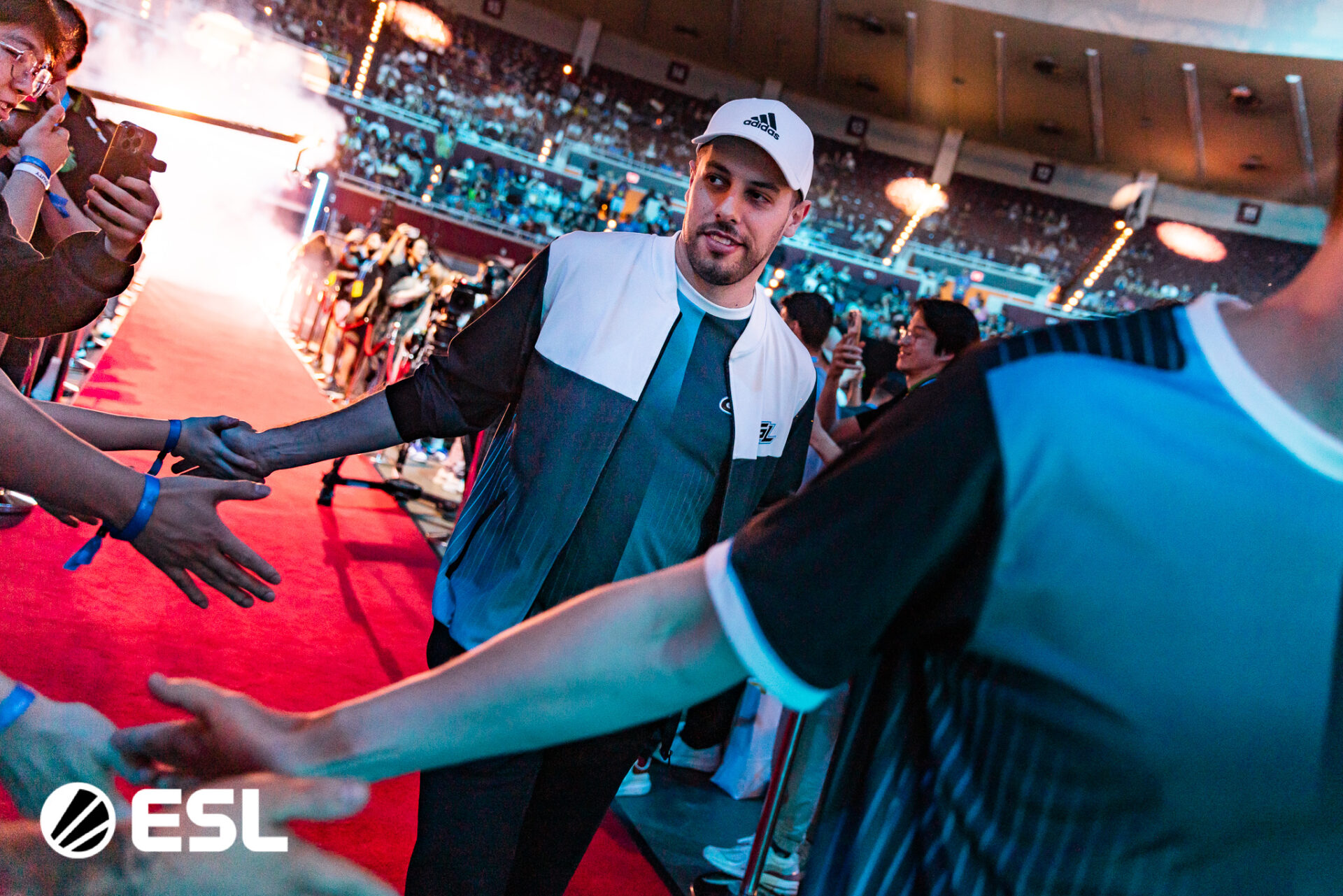
Earlier this year you told HLTV you’re trying to build your own tier 1 team. How hard is it to compete with richer projects, like Falcons, who can buy out your players at any moment?
It’s part of the game — you can always lose a player. As a coach, I don’t worry about it too much, I just take it one day at a time.
Right now, we’re focused on building an environment where everyone feels this is the tier 1 team to be in. I think we’ve created that. We’re very close as a group, and it’s probably one of the best places for young players to grow.
Our players are happy here as long as we’re progressing. If a team comes in with a big offer, then yes, maybe it happens. It’s like in football — Newcastle might sell Isak to Liverpool if the money is right, even if they don’t want to. But our priority is to keep our group together for at least 12 months to show how strong we can really be.
read more
You’ve said your main goal is to win a trophy. Do you have a timetable for when you expect this to happen?
No, I don’t set deadlines like “by now we need a trophy.” Our main focus is consistency. To win a trophy, you first need to make playoffs, otherwise there’s no chance.
This year we’ve done that in about half of our events, maybe a bit less recently. If we can consistently reach playoffs, it means two things: we can regularly beat teams below us, and we can beat teams around our level at least some of the time.
It’s the same path that teams like Aurora, The MongolZ, and MOUZ went through — first they reached playoffs, then lost, and eventually started winning. It takes consistent failure before success comes.
We’re still aiming for our first playoff win, but once that happens consistently, trophies will become realistic.
Looking back at tournaments since the Major break, like Fissure and Cologne, what lessons have you learned?
I think we’ve struggled with managing our own expectations.
Early in the year, we would grind through stage 1 and stage 2 matches, usually winning 2–1. Later, we started winning 2–0 more often, which made us feel very consistent.
But then expectations rose, and with them came pressure. Against BetBoom, for example, we expected to win even though they had much more experience. At Cologne, we beat VP and Complexity comfortably, then lost to Falcons after throwing away multiple anti-eco rounds.
read more
When we played 3DMAX, a team we’d beaten before, we again put pressure on ourselves and ended up struggling.
I think we’re still not mentally strong enough in these situations. It’s not unique to us — every rising team faces this — but we need to improve at handling pressure if we want to reach the next level.
In winter you signed Rez from NIP, where he struggled for a long time. What did you change to help him shine again in GamerLegion?
To be honest, Rez did most of the work himself. He was just really low on confidence, environment, and form. What he needed was a change, and you could always see he had the quality. The eye test didn’t match his stats.
I genuinely think he’s significantly better than what he’s shown for us so far. In practice, he looks like a top 20 player this year without a doubt. The challenge is to give him the platform to prove it on stage, which usually requires deep playoff runs.
For him, it’s not about mechanics or utility — it’s about confidence. I just want him to play with ego, focus on himself, and take duels. We also provide stability, something he lacked before with constant roster and coaching changes. Now he has a stable environment and a talented team around him. I believe he could play for any tier 1 team right now without a problem.
Since ZTR joined, GamerLegion has improved a lot. As a coach, what do you appreciate most about working with him?
He’s very open-minded, mature, and hardworking. He just wants to win. Honestly, I sometimes forget how young he is — it feels like talking to a 30-year-old.
read more
He soaks up everything. If I tell him in the morning to try a certain strat, six hours later he remembers it perfectly, even if I’ve forgotten. That’s rare.
Of course, he still has things to work on — especially confidence in his own ability. As an in-game leader, when you’re having a rough game, it’s tough to call. But he’s already doing an unbelievable job. Like Rez, he’s even more skilled than people realize. With more consistency, he’ll definitely be a tier 1 IGL.
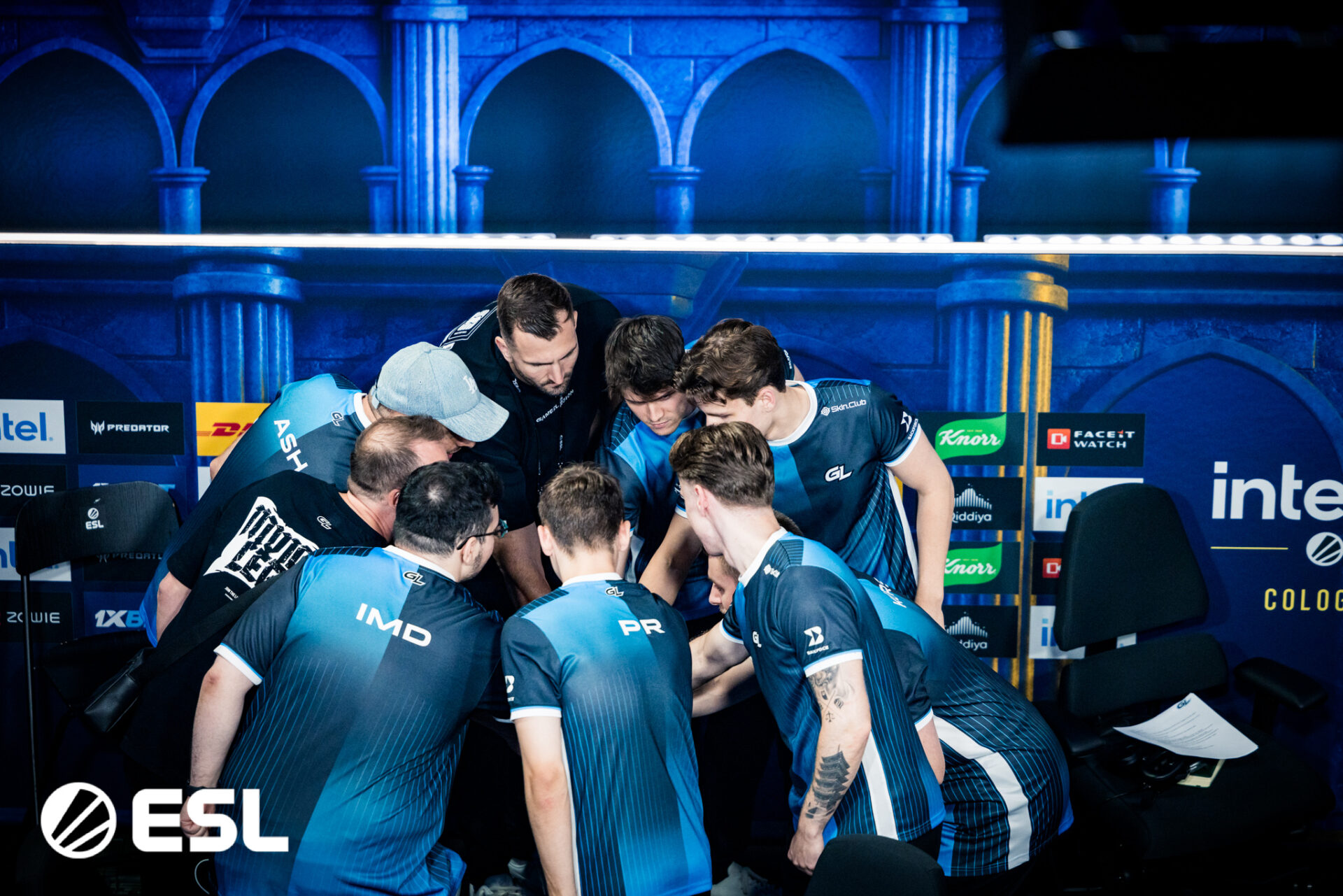
At the start of this season you signed a new AWPer, Kursy. How do you feel he fits into the team, and where can he improve?
If you exclude his first tier 1 map, his first time on stage, and his first playoff match — basically the most stressful games of his life — his numbers are actually very good. But overall, yes, his performance looks inconsistent.
He’s a very raw player. He knows how he wants to play, but struggles to express it or build structure around it. We push him to call more, and when he doesn’t, we build structure for him to play from. He’s still not fully comfortable, but I can feel him improving every day.
His biggest weakness right now is communication, but he’s made huge progress already. With time and confidence, I’m sure he’ll become a consistent performer at tier 1 events.
After Dallas, many expected you to sign Acor, but you went with Kursy. Did you consider Acor at all?
Acor is probably one of my favorite people in Counter-Strike. Our personalities are very similar, even if our in-game approach differs. But when we took him as a stand-in, we had already signed Kursy, so it wasn’t really an option.
read more
Also, Acor had been with us for quite a while, and at that point it didn’t make sense to keep him. Our project was heading in a different direction. We were looking for a player who could bring fresh energy and help raise the level of the team through hard work and motivation.
Acor is a great AWPer, very balanced and supportive, but we needed an aggressive playmaker — someone willing to pick up a rifle and just kill people. That’s what we saw in Kursy. We couldn’t rely only on PR and Rez to create everything.
I think Acor is underrated and could fit well in many tier 1 teams, especially with more confidence. But stylistically, he’s closer to Slend, and that’s why we moved on.
After Cologne and before the ESWC, you had a long break. How did you plan to use that time?
We had tournaments lined up, though I can’t say which ones at the time. Basically, we were playing nearly everything: Esports World Cup, BLAST, FISSURE, ESL Pro League. That meant not a lot of free time, but still some small breaks.
Changing an AWPer changes almost everything. With Kursy such an aggressive player, it felt like starting from scratch. IMD and I had to rework a lot of things — new roles, new responsibilities, new strategies.
Practice was about pushing him, trying different setups, seeing what fit best, and keeping our overall system strong. I think in the last eight months, this is the strongest the team has felt. We’ve always had some weakness before, but now it finally looks solid.
GamerLegion played CCT tournaments for years but stopped this season. Why?
It’s mostly about scheduling and risk. If CCT comes up when we have no tournaments and a long practice block, we’d still consider it. But with VRs ranking changes, it’s much harder.
In the past, CCT could blacklist suspicious teams. Now they’re forced to invite everyone, even untrustworthy teams. That makes it risky for tier 1 teams.
Also, travel is exhausting. We’re away for days before and after every LAN, then home schedules don’t align. Playing CCT on top of that just doesn’t fit.
Finally, the risk-to-reward ratio isn’t great anymore. Losing to a low-ranked team can cost you huge points, which also affect your LAN ranking. For teams around top 15, like us, it’s hard to justify. For tier 2, though, CCT is still amazing — and I still love watching it.
Many teams, like Passion UA, Monte, or BNE, had their breakthrough after grinding through CCT and similar events. Isn’t that the best way to succeed?
If you’re not established, yes — grinding officials is the best way. Playing an online match on HLTV tells you more than a day of practice. There’s pressure, teams play differently, and you see how players handle real situations.
read more
That’s why Monte, BNE, Apex, and even us became strong — constant officials made us almost immune to bad HLTV stats. If you play hundreds of matches, one poor game doesn’t matter.
It’s also great for analysis. You can see how players act under pressure, not just in scrims where everyone does whatever they want. And if you have a coach who knows what to look for, you get endless data.
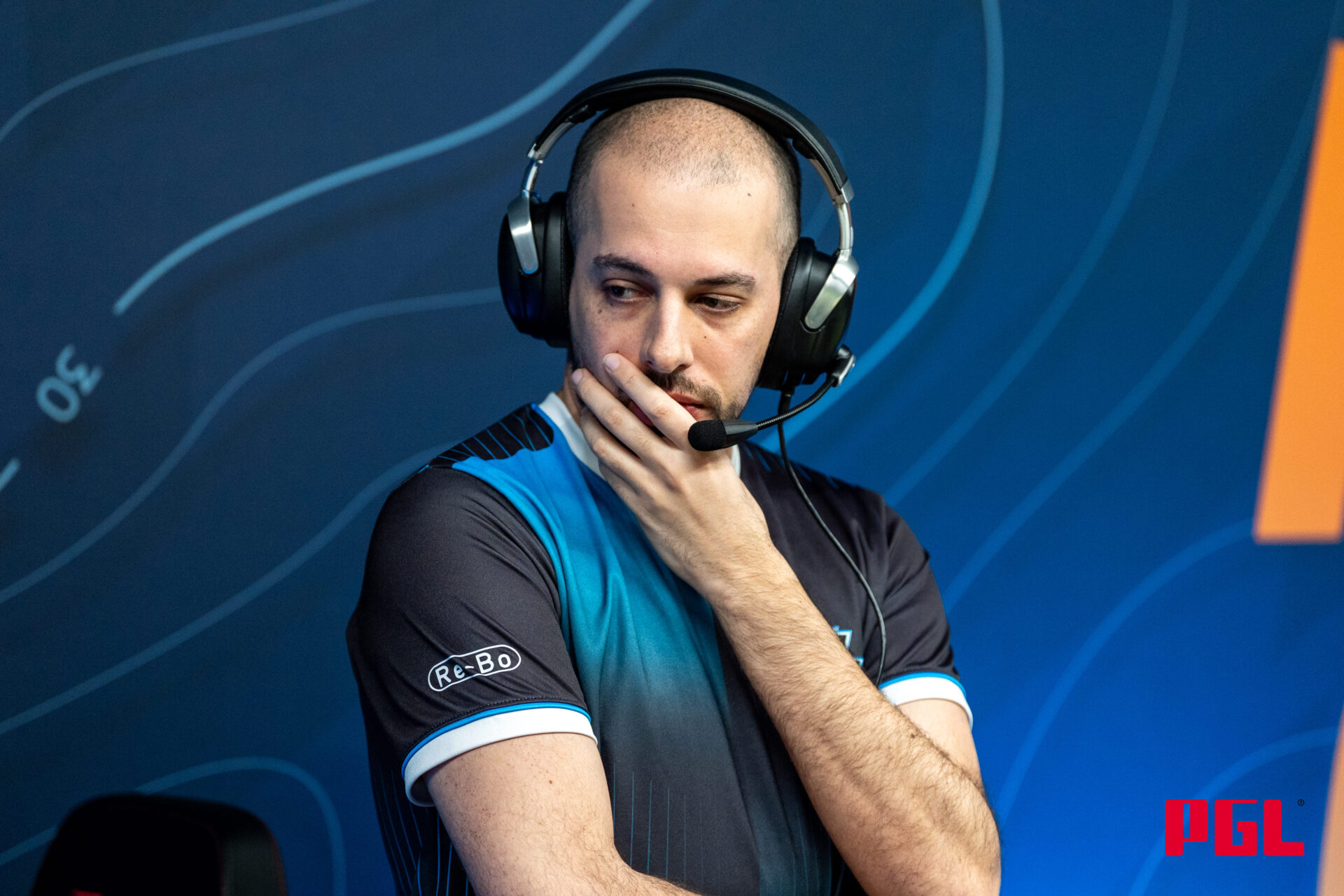
Without CCT, how did you adjust your training system?
Before, it was easier — every official mattered, and players always gave 100%. Without that, practice can get sloppy. So we work hard to keep it serious.
If scrims get too unserious, I either stop them or reset focus. We need to recreate the seriousness of officials to get useful data. Even when playing academy or young teams that do random things, we use it. If they break our defaults, it shows what needs fixing.
The key is professionalism. Rez and ZTR know how important it is, and they set the tone. With the right mindset, you still get quality analysis and growth, even without the grind.
How do you keep players motivated in practice when there’s no tangible goal like an official match?
The main thing is to stop it from becoming boring. Once it feels like a 9-to-5 job, motivation drops. That’s why I constantly bring in new ideas — new strats, new approaches, new situations.
It takes a lot of demo-watching and creativity, but it keeps practice fresh. Like in football, where coaches add unusual drills, we do the same. Fun moments, jokes, or fresh strategies make players enjoy practice while staying focused.
We’re not the team that forces everyone to grind 1,000 warm-up kills daily. Instead, we set objectives: today we try this move, tomorrow we work on this setup. Having clear goals keeps everyone motivated without burning out.
How important is team-building and having fun together outside the server?
It’s massive. You can’t be serious 24/7 — if everything is only about grinding CS, the atmosphere collapses.
When we’re at bootcamps or traveling, we always do things together: play other games, watch football, cook, or just joke around. It builds trust. If you only see each other as colleagues, motivation fades fast.
Even in practice, humor matters. If something goes wrong, laughing instead of flaming keeps everyone positive. You need leaders who can balance seriousness and fun, and I think Rez and ZTR do that really well.
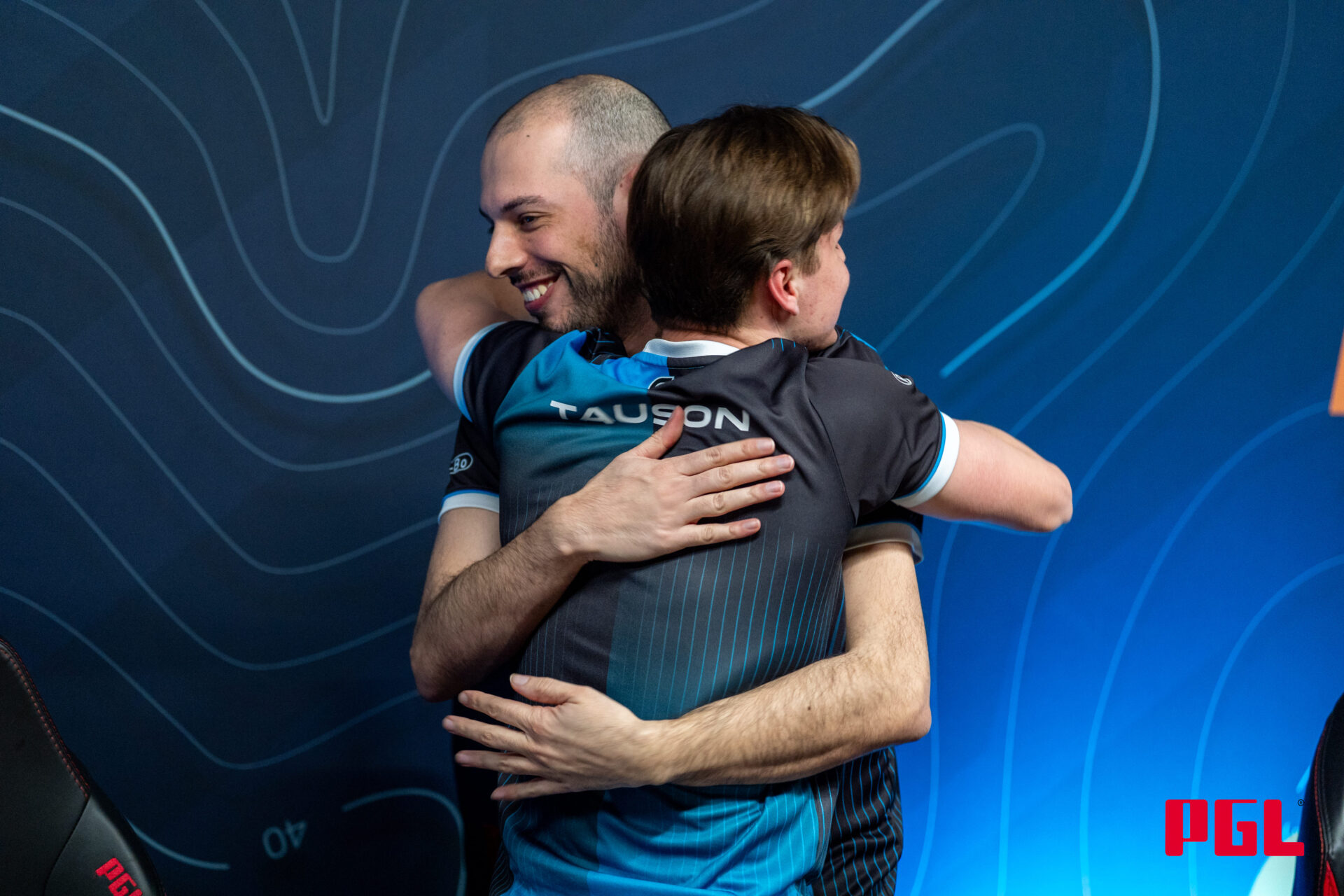
Any memorable stories from bootcamps or team trips?
There are too many to count. At one bootcamp, FL4MUS cooked for the team, and the food was… let’s say, unique. Everyone laughed about it for days.
Another time, during a team night, we played a FIFA tournament that got more intense than actual officials. Kursy was so salty after losing that he didn’t talk for an hour. Moments like that are funny but also important.
read more

These things bond the team. When pressure comes in matches, you can rely on that bond. You know the guy next to you isn’t just a teammate but also a friend. That changes everything.
What are your long-term goals for this season?
The main goal is to break into the top 10 and stay there consistently. For us, that means not just having one big run but showing stability across tournaments.
We want to prove that GamerLegion isn’t just a team that can upset favorites, but one that belongs in every tier 1 conversation. That requires consistency and adapting to the tier 1 calendar without burning out.
How do you manage the packed schedule with so many LANs and qualifiers?
It’s one of the hardest parts. Sometimes we’re traveling nonstop, and there’s no time to reset. After a bad result, you have to immediately prepare for the next event instead of reflecting.
We try to find small breaks, even just a day or two, to mentally reset. Bootcamps are helpful but exhausting too. Balance is key: too much practice burns players out, too little and you fall behind.
The calendar is brutal for tier 1. That’s why structure is everything — when to push, when to rest, and when to grind. Without planning, you get destroyed mentally before the season even ends.
Do you think this lineup can achieve a tier 1 title soon?
Yes, but it will take time. With Kursy , it feels like we’ve finally built the right system. Everyone has clear roles, and the atmosphere is strong.
read more
I don’t think we’re ready to win Cologne or a Major tomorrow, but we’re getting closer. Step by step, if we keep growing, I believe this team can lift a trophy.
What are the most important tournaments for you this year?
ESL Pro League and the next Major are the two biggest goals. These are the events that define a season. EPL is a chance to prove ourselves against the very best across a long format, while the Major is the dream for every player. Everything we do in practice and smaller events is to be ready for those.
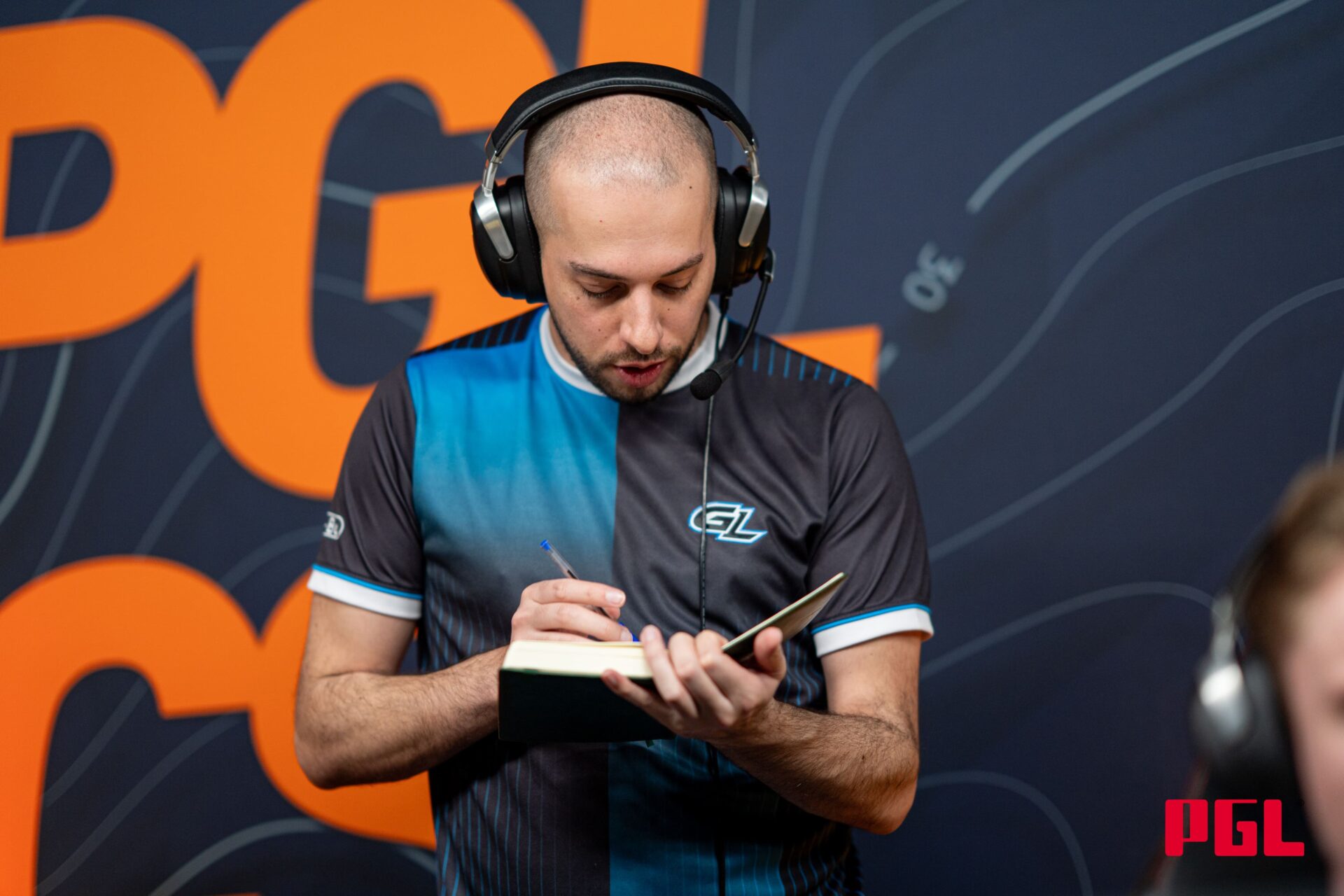
Looking ahead to the next Major, Ash remains realistic about GamerLegion’s position.
Realistically, we’re not favorites yet. But the goal is to reach playoffs and show that GamerLegion is a serious contender. If the bracket and form align, anything can happen.”
Reflecting on the team’s previous Major run, he added:
We learned a lot — both what worked and where we crumbled. If we can fix those issues, I believe we can go even further this time.
For Ash, success in 2025 is not defined solely by lifting a trophy but by proving consistency at the highest level.
For me, success would be staying inside the top 10, reaching playoffs at multiple tier 1 events, and making a deep run at the Major. If we manage to win a trophy, that would be incredible. But even without it, showing consistency and growth would mean we’re on the right path.





























